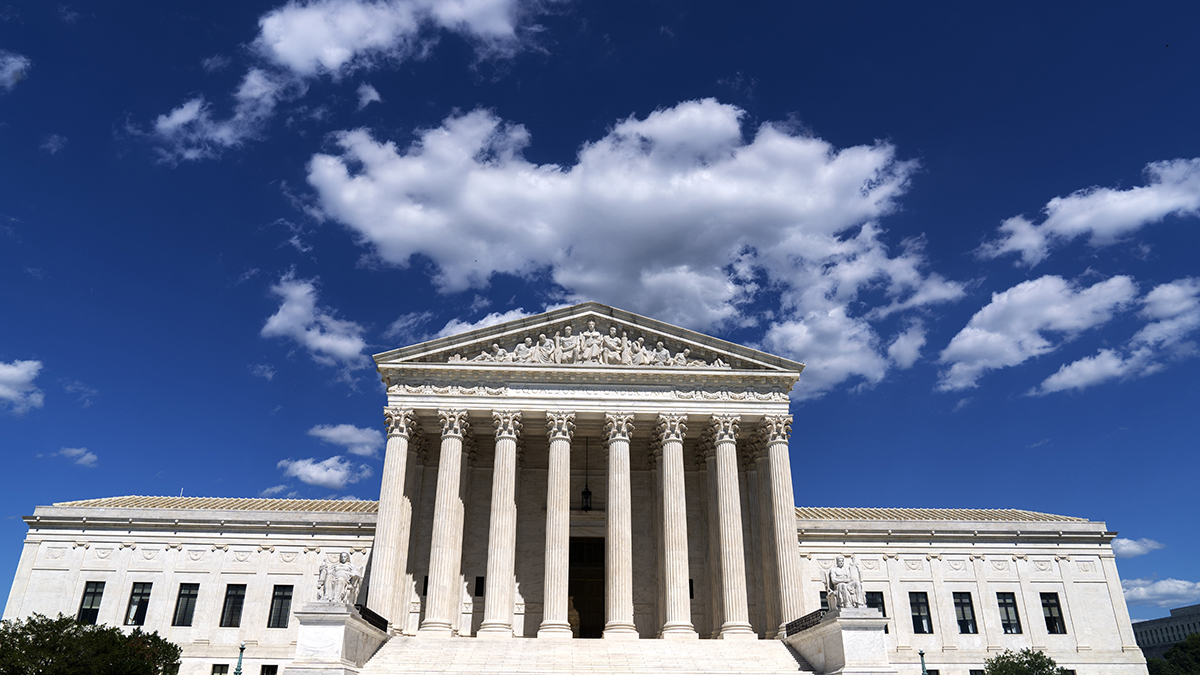Opioid-related overdose deaths are continuing to fall in Massachusetts.
A report released Monday by the Department of Public Health found that the 1,470 estimated and confirmed overdose deaths in the first nine months of 2017 represented a decline of about 10 percent compared to the 1,637 deaths in the first nine months of 2016.
It's the second quarterly report estimating a decline.
Republican Gov. Charlie Baker said that while the report is encouraging, there are still too many people in Massachusetts dying from opioid-related overdoses.
"This new report shows some trend lines that are moving in the right direction as we work to fight the opioid and heroin epidemic in Massachusetts, but there are still too many people dying from overdoses,’’ Baker said in a statement. "Our administration will continue efforts to combat this public health epidemic that is devastating families in every corner of the Commonwealth, and looks forward to introducing new proposals in the near future and working with the Legislature to pass meaningful reform to strengthen our efforts from prevention to recovery."
An addiction expert in Lexington feels the report's numbers may be misleading. Laure Berliner has been deeply and personally affected, as she discovered one of her neighbors who died from an overdose.
Allison Burns is a pharmacist and founder of the nonprofit End Mass Overdose. She is encouraged by the decline but says we don't have enough information yet.
U.S. & World
In September, DPH estimated there would be 163 opioid deaths but there were only five confirmed.
Burns says she's skeptical because statistically, that is close to how many people are lost to opioids in a day and often says deaths are classified as opioid-related months later.
"The numbers always change."
Burns says the opioid crisis can also intensify towards the end of the year because the holidays are very hard for people, typically leading to a spike in overdoses.
The DPH report also found that fentanyl continues to be a major factor fueling the crisis.
The rate of fentanyl present in the toxicology of opioid-related overdose deaths continues to rise, reaching 81 percent this year, even as the rate of prescription opioids and heroin present in opioid-related overdose deaths continues to fall.
"Stemming the tide of this opioid epidemic is a massive undertaking and it will take time to address the suffering that underlies addictions," Health and Human Services Secretary Marylou Sudders said. "We continue to focus on a strong public health approach of prevention, intervention, treatment, and recovery and to strengthen the treatment system."
To view the entire report, including opioid deaths by county and city/town, click here.



